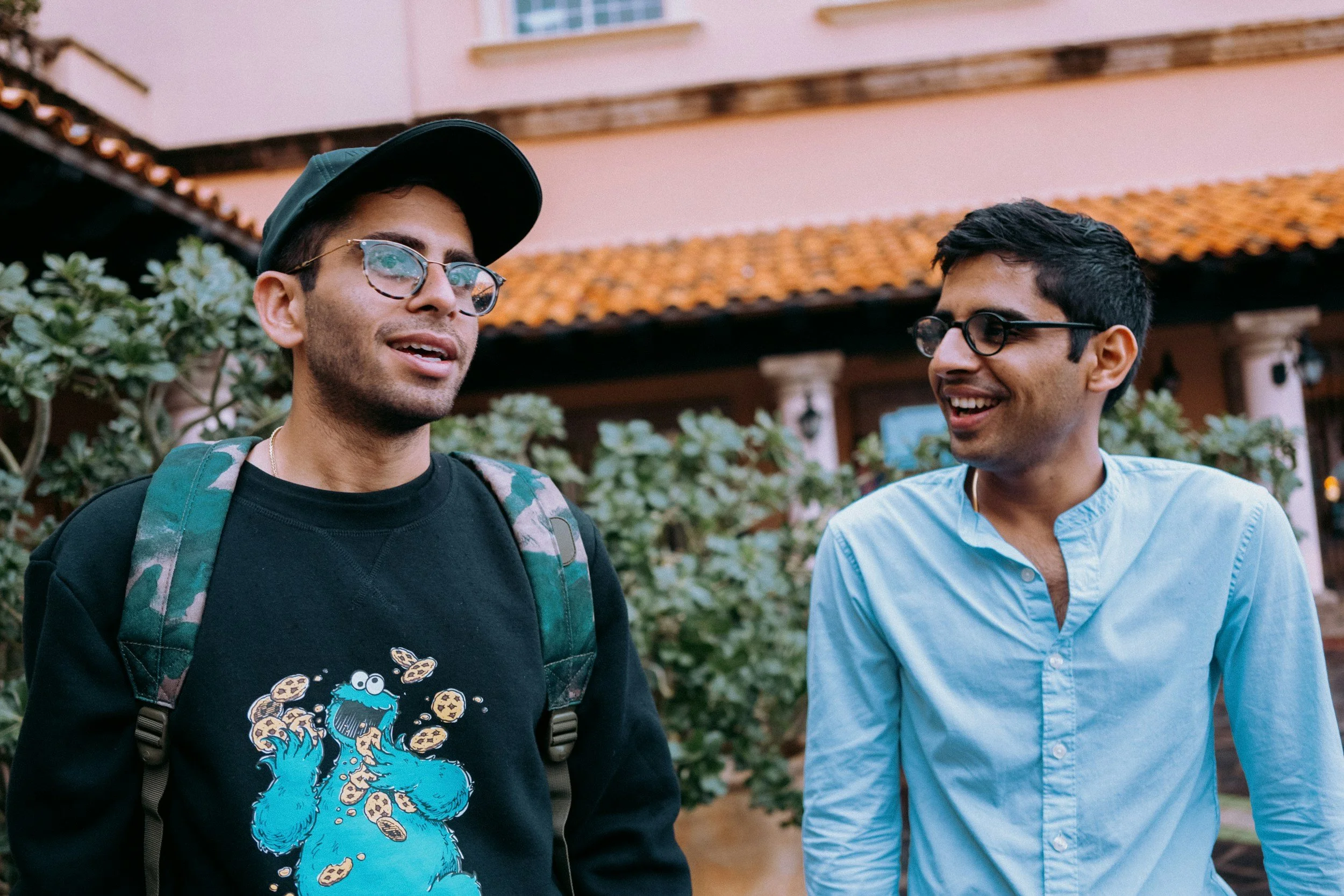When Your Sibling Has Special Needs—But You Still Needed Something Too
There’s a silent grief that comes with being the “other” sibling.
Not the one with the diagnosis.
Not the one with the IEP meetings, the therapy appointments, the safety plans.
Not the one who triggered your parents’ panic or purpose.
You were the sibling who learned early not to make waves.
Because there was already a flood.
And everyone’s hands were full.
When your needs weren’t special enough to matter
Being the sibling of someone with cognitive disabilities often means growing up in the shadows of the urgent. The urgent meltdowns. The urgent doctor visits. The urgent behaviors that could turn your home into a minefield without warning.
You learned to be low-maintenance. You figured out how to feed yourself, bathe yourself, entertain yourself. Not because you were “independent” or “mature for your age,” but because the people who were supposed to care for you were maxed out.
And maybe you never got to say this out loud, so I’ll say it for us:
That kind of childhood? It’s lonely.
It’s unfair.
And it leaves a mark.
My story
When I was four years old, my sister stabbed me under the eye with a fork. She was in the middle of one of her fits—those unpredictable, terrifying moments that could erupt at any time. This time we were at the dinner table with plates of spaghetti.
My mom was sitting nearby, reading the newspaper. She didn’t even look up. She just shouted, “Quit it!” like my sister was roughhousing with a teddy bear, not putting metal to my skin.
I screamed and cried. I was in shock. And I remember the thought so clearly: Nobody is coming for me. It still echoes sometimes. In the silences. In the moments I feel too needy for asking, too much for feeling. That four-year-old still lives in me. Still wonders if anyone will ever notice.
If this was (or still is) you—listen
You are not dramatic. You are not selfish. You are not making this up.
Your parents may have done the best they could. That can be true.
And you may still be grieving the love, care, and attention you didn’t get.
That’s also true.
So if you’re sitting with that ache, unsure how to name it—let me help you.
Here’s how to start holding space for that pain:
Acknowledge what happened.
You weren’t imagining it. You were a child who needed care. And you didn’t get it in the way you deserved.Name the emotions.
Resentment, guilt, envy, sadness, embarrassment—it’s all valid. You’re not a bad person for feeling them. You’re human.Write to your inner child.
Say the things they never heard: “I see you. I’m so sorry that happened. You deserved better.”Find your people.
Whether it’s a therapist, a coach, a support group, or one trusted friend—start with one person who can witness your truth without flinching.Let yourself want more.
More care. More love. More tenderness. You’re allowed to outgrow the survival mode that taught you to expect nothing.
You’re not invisible anymore.
I know what it’s like to hide in closets and make yourself small.
I also know what it’s like to crawl out. To take up space. To start healing.
And I want you to know:
I see you.
I believe you.
You matter here.
There’s help. There’s support. And I’m here when you’re ready to talk.


